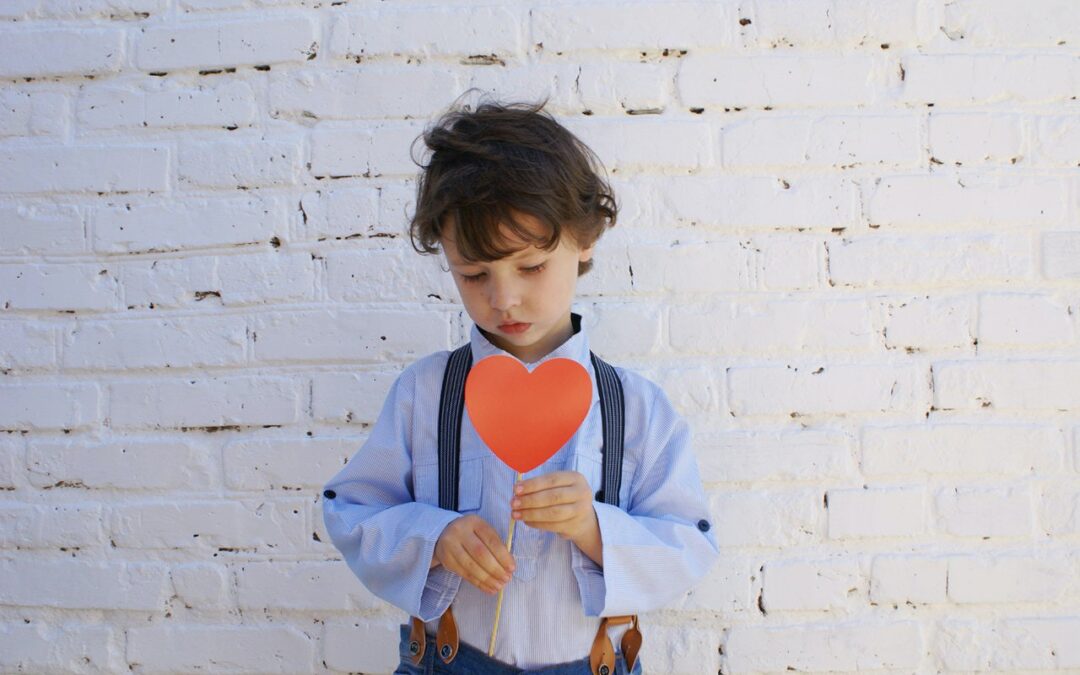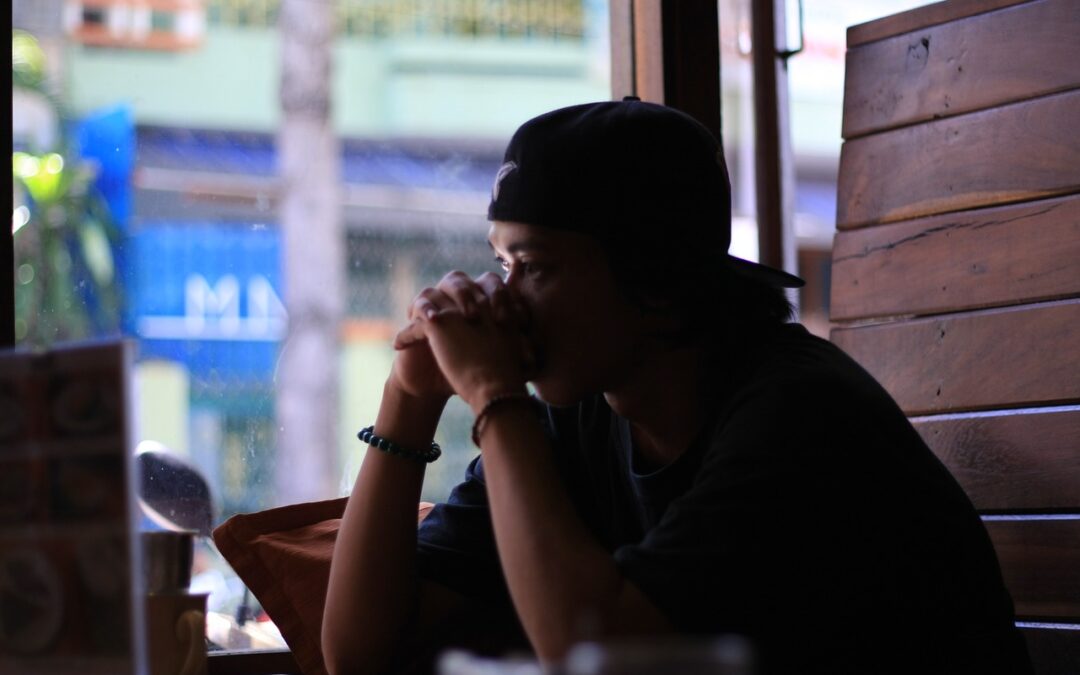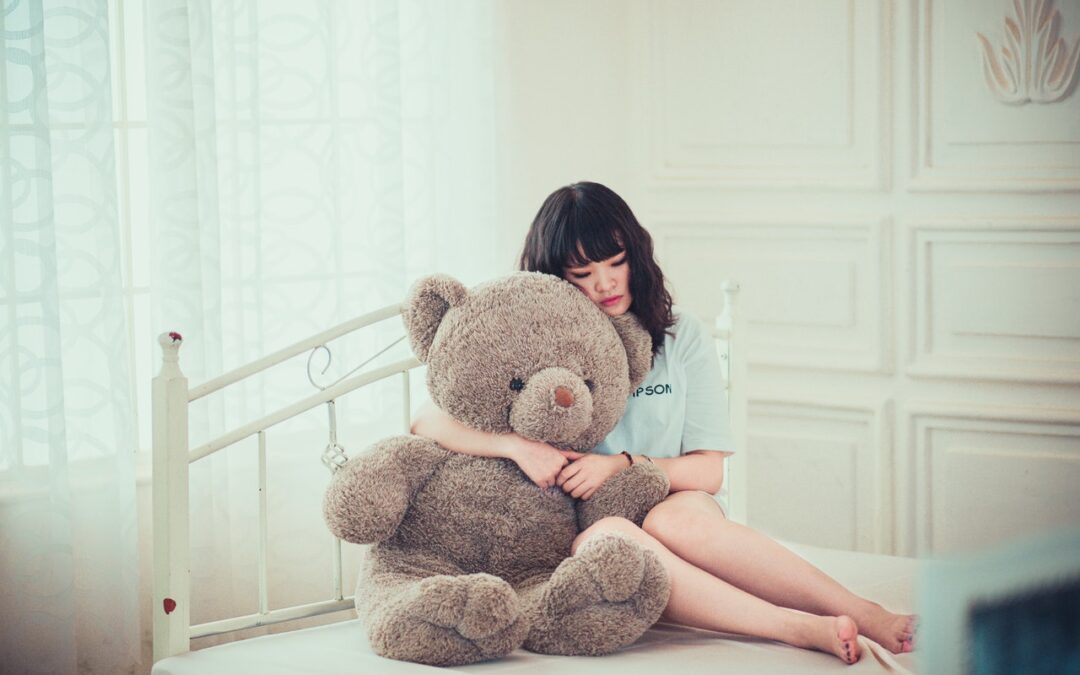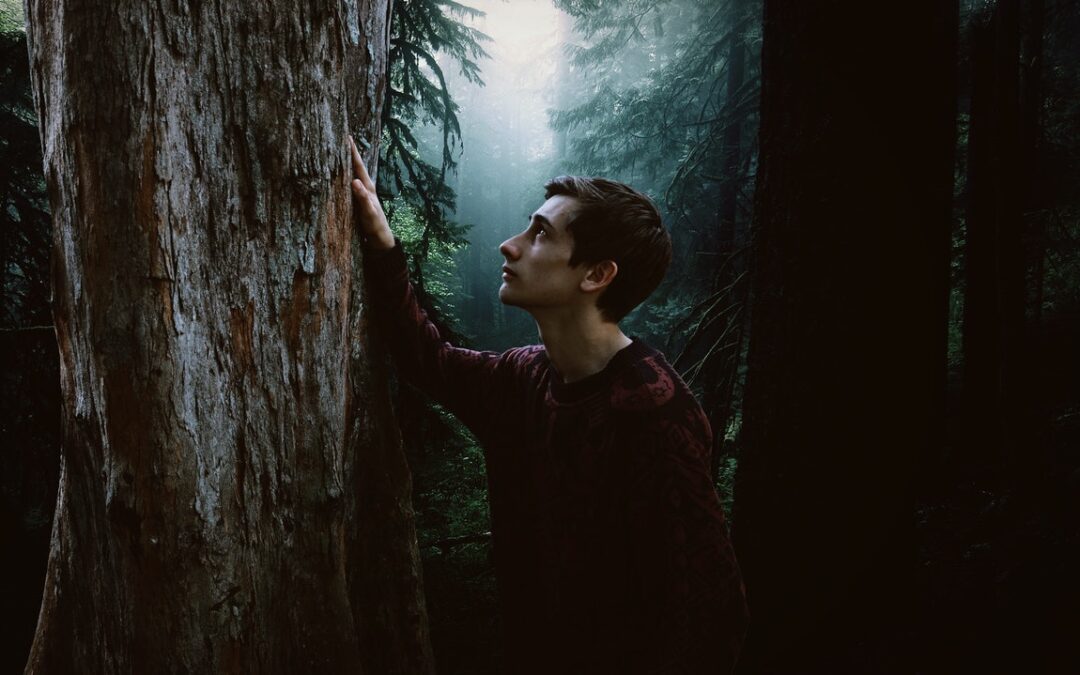
To the Boy Who Has My Daughter’s Heart
The day after my four-year-old daughter died in 2009, we received a call asking if we would be willing to donate her heart valves and corneas. Being believers in the benefits of organ donation for years, we agreed. I was told that day that while the corneas would only be viable for a short amount of time, the heart valves would be frozen and kept for two years. During the call, I asked to be notified if and when any were used.
We hoped her donation would help give another child a second chance at life.
Over the next few years, we received occasional grief support letters and cards from the transplant organization. But we never received any word that Margareta’s heart valves had been transplanted into someone else.
As the end of the two year time frame neared, I decided to email the organization. I wanted confirmation that there was no longer any chance her heart valves would be used. That way I could stop wondering about it. This was a week or so before Thanksgiving in 2011.
The day before Thanksgiving, I received a call from Maggie, who was in charge of donor relations. She apologized, saying that it was not noted in our file that we had requested notification of transplants.
What she said next took my breath away.
One of Margareta’s heart valves had been sent to New Mexico, but had not been a perfect fit and sent back. After that, one of her valves had been sent to California (the state we live in) and had been transplanted into a six-month-old baby boy. We have no other details, and were told that it is entirely up to the recipient’s family to initiate any contact between them and our family. I immediately started crying.
I don’t know who this boy is or if we’ll ever meet him. All I know is that a piece of Margareta’s heart has helped give him a chance to live the full life that she didn’t get. I’m quite certain that this boy and his family are thankful every day for this gift of a second chance at life.
I’d like to tell him a little bit about the girl who literally gave a piece of her heart to him.
Hello,
We don’t know each other, but our lives are now forever intertwined. When you were six months old, you received one of our daughter’s heart valves. I can only imagine it gave you a renewed chance at a long life. The heart valve belonged to our daughter, Margareta, who died shortly after her fourth birthday. While we miss her terribly and always will, we are able to find some solace that she was able to grant you the gift of a healthier, longer life. There are a few things you should know about Margareta, and my hope is that they will inspire you in some way.
In her four short years, Margareta lived life to the fullest. While she loved dressing up and embracing her inner princess and diva, she wasn’t afraid to play rough, get dirty and scrape her knees if it meant having a good time. She was game for just about any adventure and wasn’t afraid to try new things. While she never had the chance to grow up and follow her dreams, I hope you will always follow yours. I want you to know that whatever life throws your way, you will always have all the strength and courage you need to follow your heart and reach for your dreams. Even if you get a few scraped knees on the way.
Margareta also danced to her own beat. She wasn’t one to conform to what she was “supposed to be” based on society’s rules. Her creativity and talents led her to explore life from new perspectives and we encouraged her to do so. She was quiet and observant when she wanted to learn, and she was loud and outspoken when she wanted to lead. She seemed to understand life is a continual balance of opposing forces. There was a wisdom in her of someone who had learned the lessons of a lifetime. I hope that you keep your heart and mind open to all of life’s possibilities and ideas. The love of learning and ability to look at problems from a new perspective can only improve your experience.
There are many more things I could tell you about Margareta, and I’ll always be happy to tell more stories or answer any questions you may have. I would love to think that in some way she helps inspire you to fully embrace this gift and the life you have and to live without regret. My hope for you is that you live a life filled with gratitude, compassion, kindness, and happiness. I wish you the wisdom to recognize that relationships with those you love matter more than anything else. And that you always take advantage of the opportunities to let those you love know how much you care.
I encourage you to always listen to your heart, and know that a vibrant, beautiful soul once shared a part of it.
Wishing you a long, healthy life,
Maria (Margareta’s mother)





 This website was inspired by the memory of Margareta Sol Kubitz in hopes of helping others work through the pain of grief.
This website was inspired by the memory of Margareta Sol Kubitz in hopes of helping others work through the pain of grief.